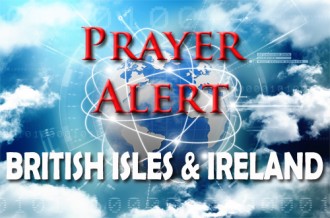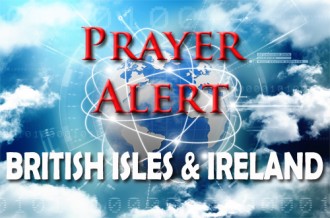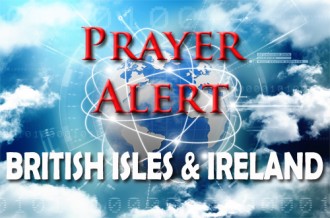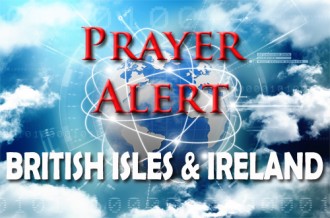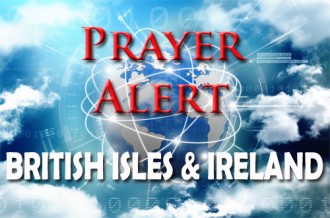What does ‘taken into care’ mean?
Some of the worst cases of child abuse have been uncovered in recent years, causing some social workers to put caution before common sense. Recently children are being taken from their parents on the slightest whiff of abuse, which for today’s social workers involves any sign of corporal punishment. But what happens then? The BBC website is carrying a video of an interview with Danielle, taken into care aged 11 in 1998 after marks from a belt were seen on her back. If that were punishment, it sounds excessive, but what subsequently happened to Danielle makes it seem like the ultimate in compassion. Danielle, now twenty-seven, was moved six times in six weeks, had twenty-nine moves by age sixteen, was raped three times whilst ‘in care’, and had an attempted rape aged eleven in a children’s home. She ran away aged thirteen but was brought back. The BBC report reveals shocking outcomes of many children in care.
Fear of talking about our faith to friends
Simon Edwards, Assistant Chaplain of the Oxford Centre for Christian Apologetics, says that in Acts 24 they talked about Jesus wherever they went. When we think of evangelism, we think of sermons, crusades and events. But in Acts the gospel spread through relationships. Why is it a challenge talking to our family, friends and work colleagues about our faith? Ephesians 6 says that we are in a spiritual battle. Satan doesn't want us to share the gospel with others. In the UK, with a massive Christian heritage, why is there so much pressure not to talk about our faith? There’s social pressure in Britain to keep our faith private. There is also an inner instinct of self-preservation - the fear of being rejected, of offending, of being misunderstood, or being thought of as strange; and then there is an underlying fear that God is not going to show up.
Edinburgh Festival euthanasia machine not a joke
Controversial assisted dying activist Dr Philip Nitschke, dubbed 'Dr Death', will perform at the Edinburgh Fringe festival using his euthanasia machine. Dr Nitschke will ask his audience - some of whom may be terminally ill - to try his 'Destiny' machine, to show them 'a peaceful and reliable means of death'. His apparatus is a version of the Deliverance machine he used in Australia, where he successfully campaigned to have a legal euthanasia law passed in the 1990s. At the time he helped four terminally-ill people end their lives. The law was overturned in 1997 by the Australian parliament. Last month police questioned Dr Nitschke amid concerns about the show's content. He was eventually cleared to perform at the Fringe throughout August. With seven days until his show opens, Scottish lawyers have been appointed to ensure he does not breach laws on advising, counselling or assisting others to commit suicide.
Soldiers’ deaths in training accidents
Figures released under Freedom of Information laws have showed that a British serviceman dies in a training accident every six weeks, and there have been 125 deaths during armed forces exercises in the past fifteen years. Compare this to the Iraq War, when 179 British service men and women died. Troops have been shot dead in mock battles, crushed by armoured vehicles and drowned during river crossings. The death toll reflects the need to prepare for war with dangerous equipment and hostile conditions, but it also reflects the need for more care to be taken. A military injuries specialist said, ‘This is a shocking number of deaths. It is not enough to say, well, they are using guns, or we put them in hazardous situations. There are detailed guidelines which stress the fact that, if the risk factors are assessed properly and appropriately managed, nearly all injuries can be prevented.’

